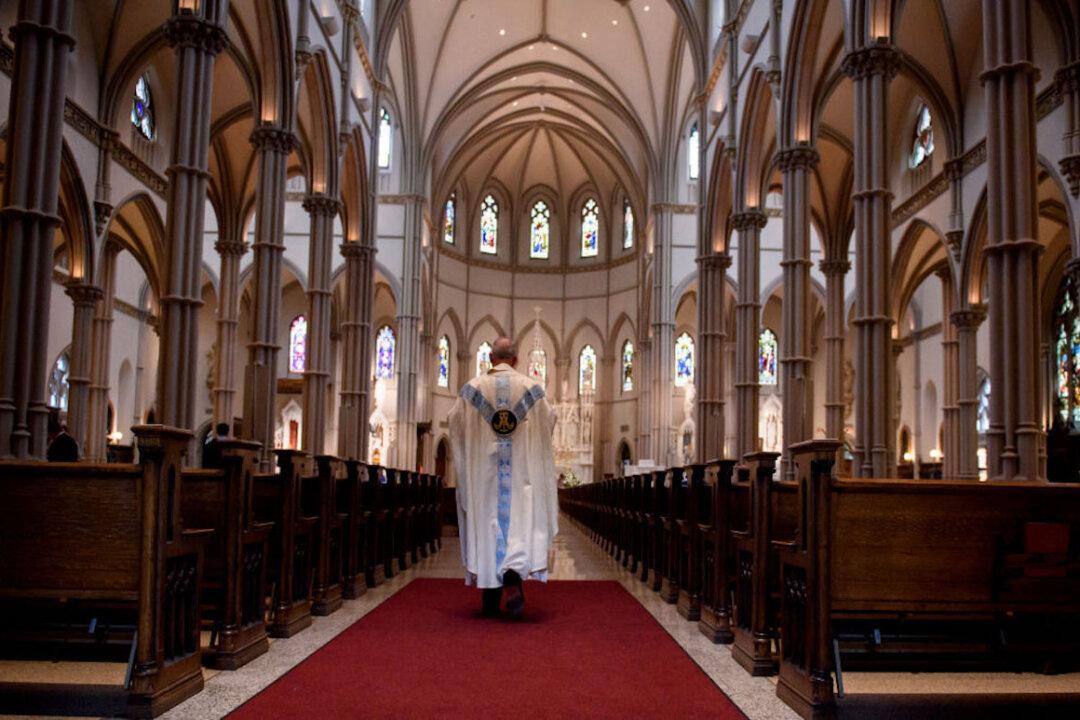President Joe Biden’s first day in office was marked by a flurry of executive orders. Among those was an order addressing discrimination on the basis of gender identity and sexual orientation. It augurs measures that would expand transgender access in areas such as the locker room and school sports, but fails to mention protections on the grounds of religious belief.
Biden’s order earned praise from civil rights activists but for many religious liberty advocates and groups, the trajectory of the new administration’s policies are presenting concerns and questions over what they could mean for the constitutionally enshrined freedom to exercise one’s religion.




